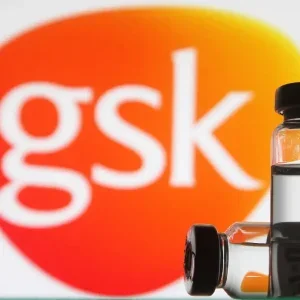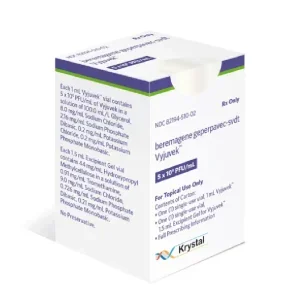Novartis has received the US Food and Drug Administration (FDA) priority review for Kymriah (tisagenlecleucel) to treat relapsed or refractory (r/r) follicular lymphoma (FL).
The US and European regulators have accepted the company’s marketing applications for the drug for the treatment of adults with r/r FL, who received two prior lines of therapy.
Kymriah is an autologous, gene-edited, CD19-directed CAR T-cell therapy, developed by Novartis in collaboration with the University of Pennsylvania.
The drug has already been approved in the US and Europe to treat acute lymphoblastic leukaemia (ALL) and diffuse large B-cell lymphoma (DLBCL).
According to the Swiss drugmaker, Kymriah is the first FDA approved CAR-T cell therapy currently available in 30 countries worldwide.
If approved in the third indication, it becomes an important treatment option for patients with r/r FL, who are in need of definitive outcomes, said the company.
Novartis executive vice president and oncology and haematology development global head Jeff Legos said: “This is an important milestone in our mission to bring Kymriah to adult patients with relapsed or refractory follicular lymphoma.
“Receiving orphan drug designation from the EC as well as priority review from the FDA underscores the unmet need and urgency for these patients.
“With Kymriah demonstrating impressive results in the ELARA trial, we are hopeful that we can offer a unique and potentially definitive treatment that minimizes the burden.”
The priority review follows a positive opinion from the EMA’s Committee for Orphan Medicinal Products (COMP), and Orphan Drug designation from the US, and Japanese regulators.
Novartis’ regulatory submission was based on positive results from the Phase 2 ELARA trial, which evaluated the efficacy and safety of Kymriah in 12 countries across the world.
The Phase 2 study has met the primary endpoint of complete response rate (CRR) based on the best response by central review (Lugano 2014 criteria).
In the study, treatment using Kymriah showed a superior safety profile, with no grade 3 or higher cytokine release syndrome (CRS) reported in patients, in the first eight weeks.






